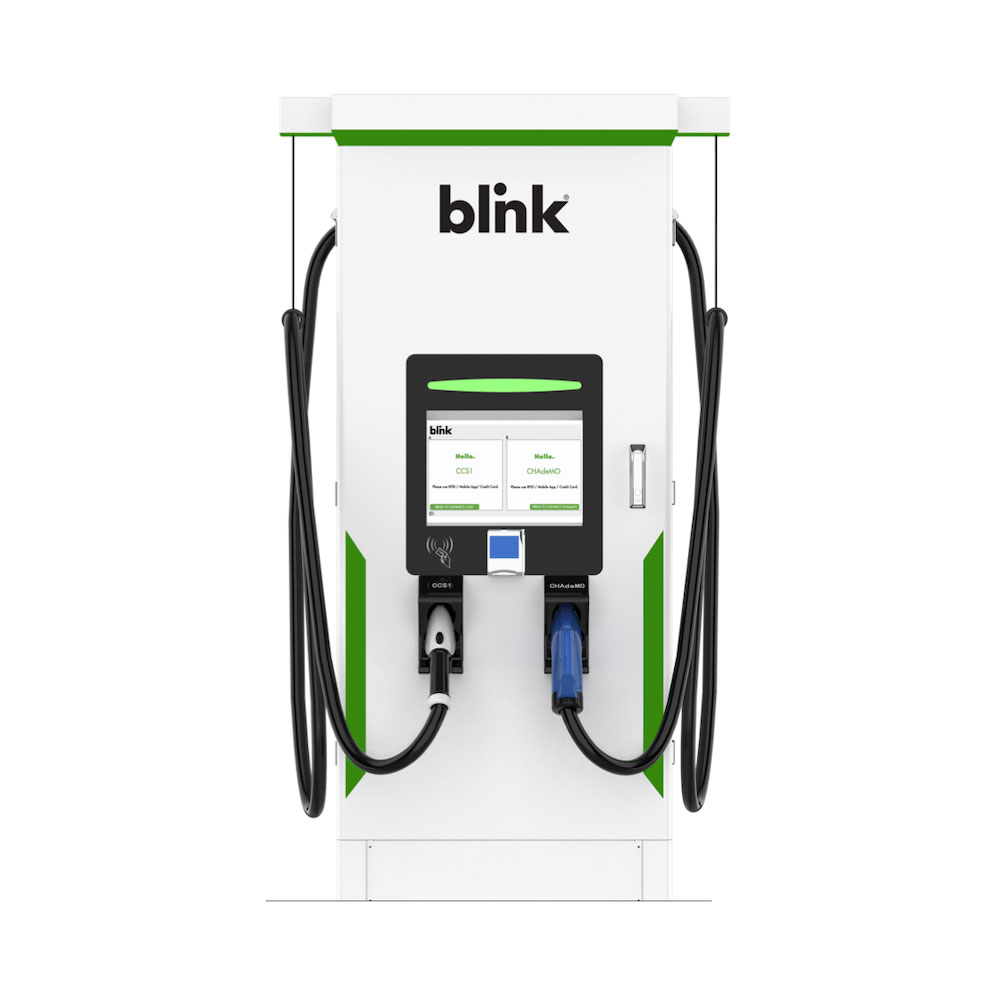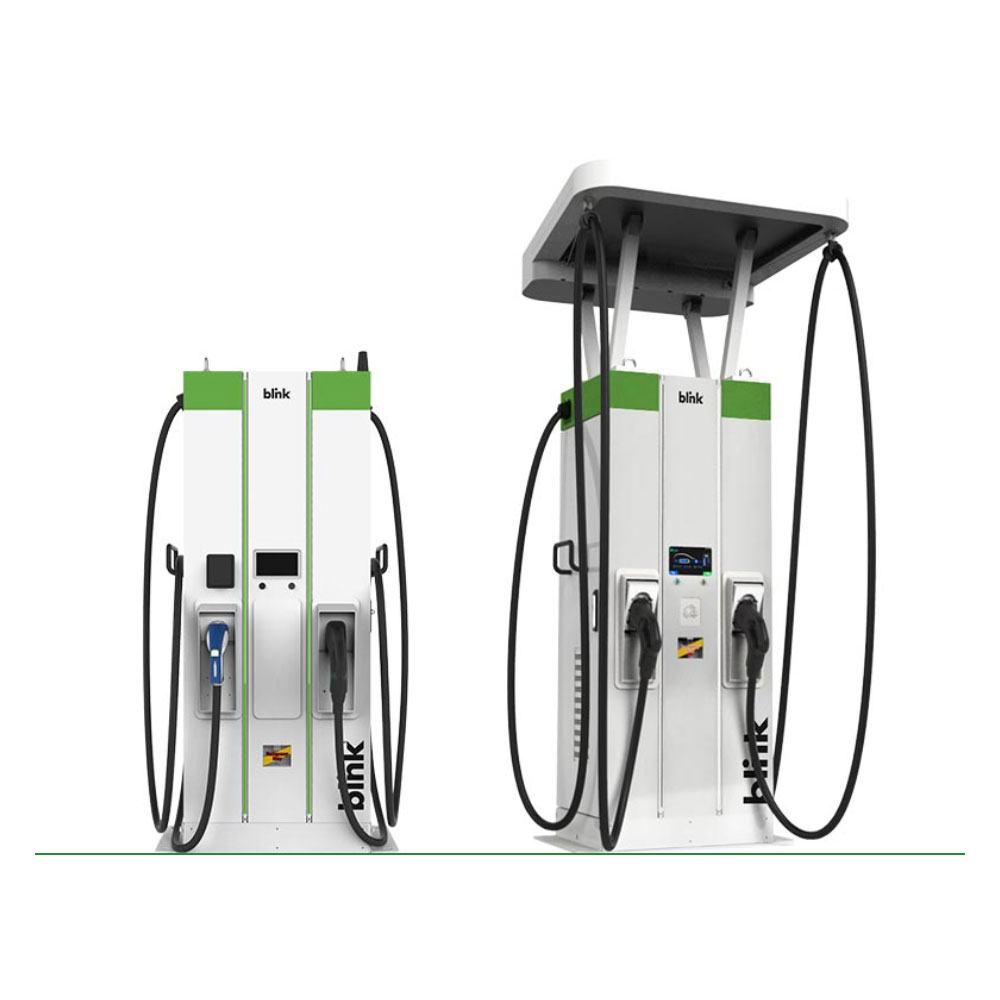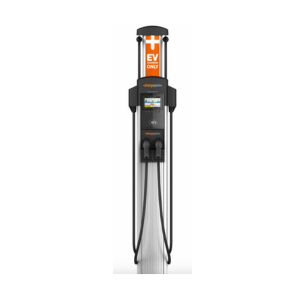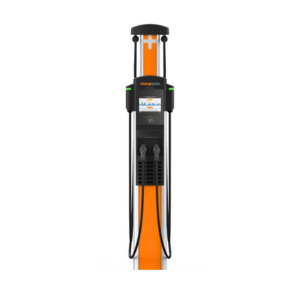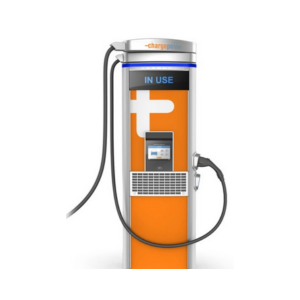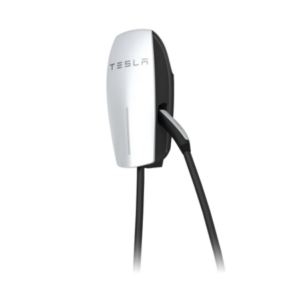EV Charging Planning, Sales + Installation
Heartland Charging Services is your partner in your EV charging journey. We help you plan your system, we provide you with EV charging equipment, and we offer ongoing maintenance plans to guarantee EV charging uptime for our clients.
<
Heartland Charging Services
Powering the Future of EV Charging
Your full-service partner for EV charging design, equipment, and maintenance located in the heart of the Midwest.
Our End-to-End Services
Plan
- Site Assessments
- Fleet ROI & Incentives
- Consulting & Owner’s Rep
- Grid Upgrades & Load Analysis
Provide
- Hardware & Software Procurement
- EV Construction & Installation
- Training & Onboarding
- Load Balancing & Optimization
Maintain
- Preventative Maintenance
- Hot Swap & Outage Support
- Certified Technician Services
- Fleet & Equipment Support



